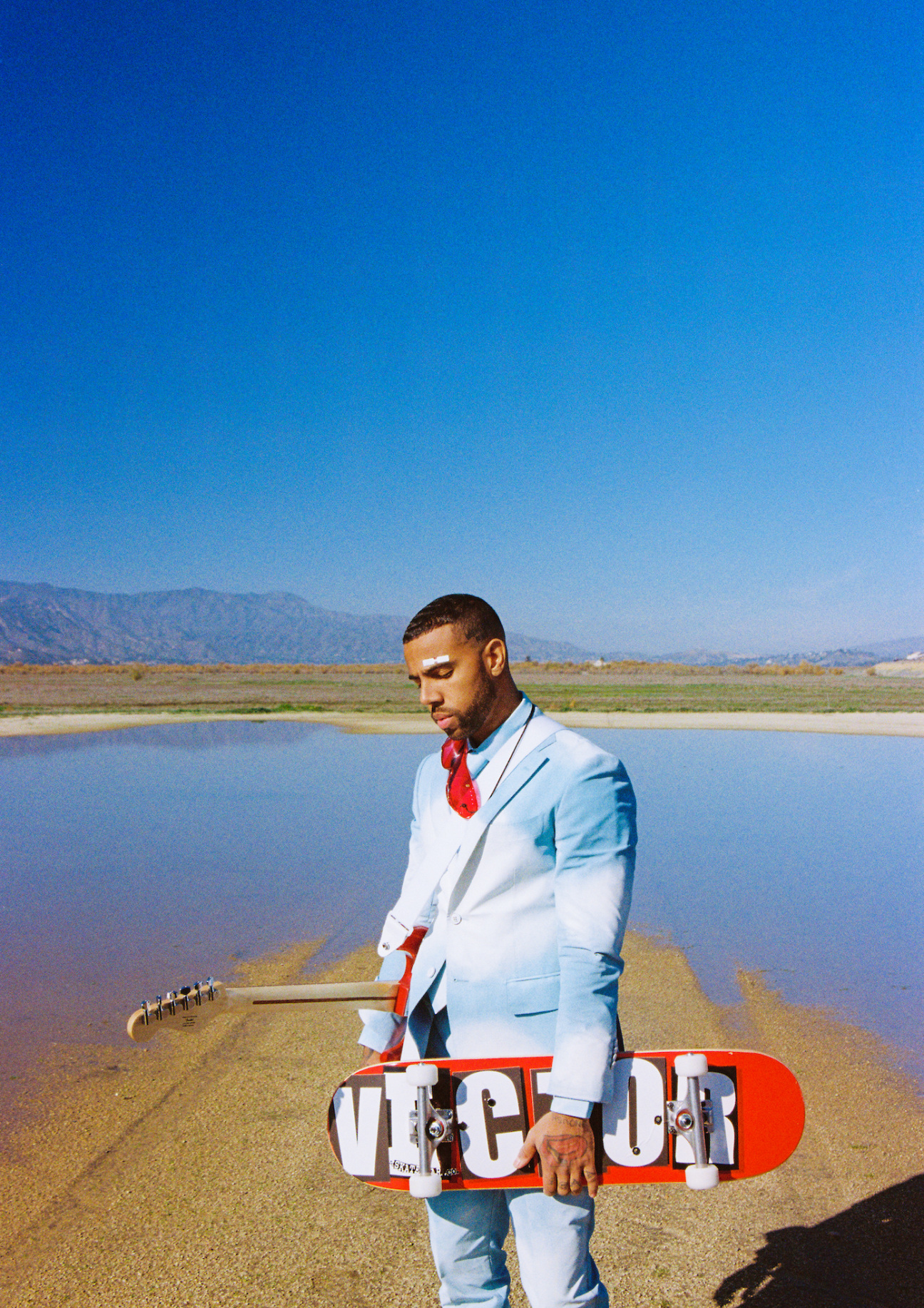
Fourteen years ago, Vic Mensa launched himself into the music industry as part of the rap group Kids of These Days. Four years later, he was ready to go at it alone as a solo artist. It wasn’t long before he was collaborating with the likes of Kanye West, Pharrell Williams, Chance the Rapper, and Weezer. Now an actor, budding curator, and owner of one the first Black-owned dispensaries in Illinois, Mensa is ready to reintroduce himself as an all-around creative with a “singular focus and purpose.”
Ahead of the release of his new self-titled album, Victor, Mensa sat down with screenwriter and actor Lena Waithe, the producer of The Chi. (On the show, Mensa plays Jamal, a young man raising his sister on his own.) Below, Waithe and Mensa unpack growing up in Chicago, diving into the cannabis industry, and telling novel stories through music and TV.
Lena Waithe: [How we first met] might have been just DMing, and then we linked up in person a couple years ago.
Vic Mensa: That was probably 2018, when I was living in Silver Lake. I remember I was writing a script and asking you about the process. It’s funny because I still have that script—I’m holding onto it until the right time comes. When I first started writing it, every page was extremely long. My dialogue was really heavy-handed. I wanted to pick your brain about format. The process of creating a television show or a film and a script—it’s so expansive. How do you make sense of these large projects?
Waithe: It’s crazy. It’s one of the reasons I’m happy you’re a part of The Chi, and that you get to see scripts and get a sense of what that world is. It’s such an expansive cast and there’s so many characters, but they all come from the same idea. With the pilot episode, I wanted to show how people in Chicago are connected. It was about how these people are connected through death.
I was listening to [your] new album, and it highlights that we are characters in our own lives. It’s so interesting because Victor, the character Luke James plays [in the show], has a street name: Trig. But now he prefers to be called Victor. It’s funny because I think you have a similar storyline. You’re saying you’re not drinking anymore, you’re reading the Quran, and you feel actually higher than you’ve ever felt. It’s a new chapter in your life. So I wanted to ask you, are you reintroducing yourself with this album?
Mensa: It’s a massive reintroduction for me. I see music as a conversation between you and yourself, and between you and the listener. I feel reinvented in a personal sense, in a creative sense, a spiritual sense, an energetic sense. I have so many new understandings about myself, the world, karma, the laws of the universe, and the law of attraction and manifestation. I can’t wait to share all of these feelings with people.
The song you’re referencing, “Victor,” I wrote from the perspective of when I was in county jail in Virginia. It was a whack experience, but it was also a beautiful test of faith because I was so deep in my meditation that the moment I found out I was getting locked up, instead of freaking out, I just went deeper into meditation. I’m in the holding cell, like “Ommm.” My mind is back on a beach in Ghana. I’m talking to my guy on the phone, he’s telling me, “The attorney is going to be $20,000 up front if you want the good one.” Instead of freaking out, I just manifested to God that this money was going to come at the perfect time—and so when I got out, I went home to Chicago and I had a club appearance. My friend handed me $20,000 on the dot the day after. It was so ill.
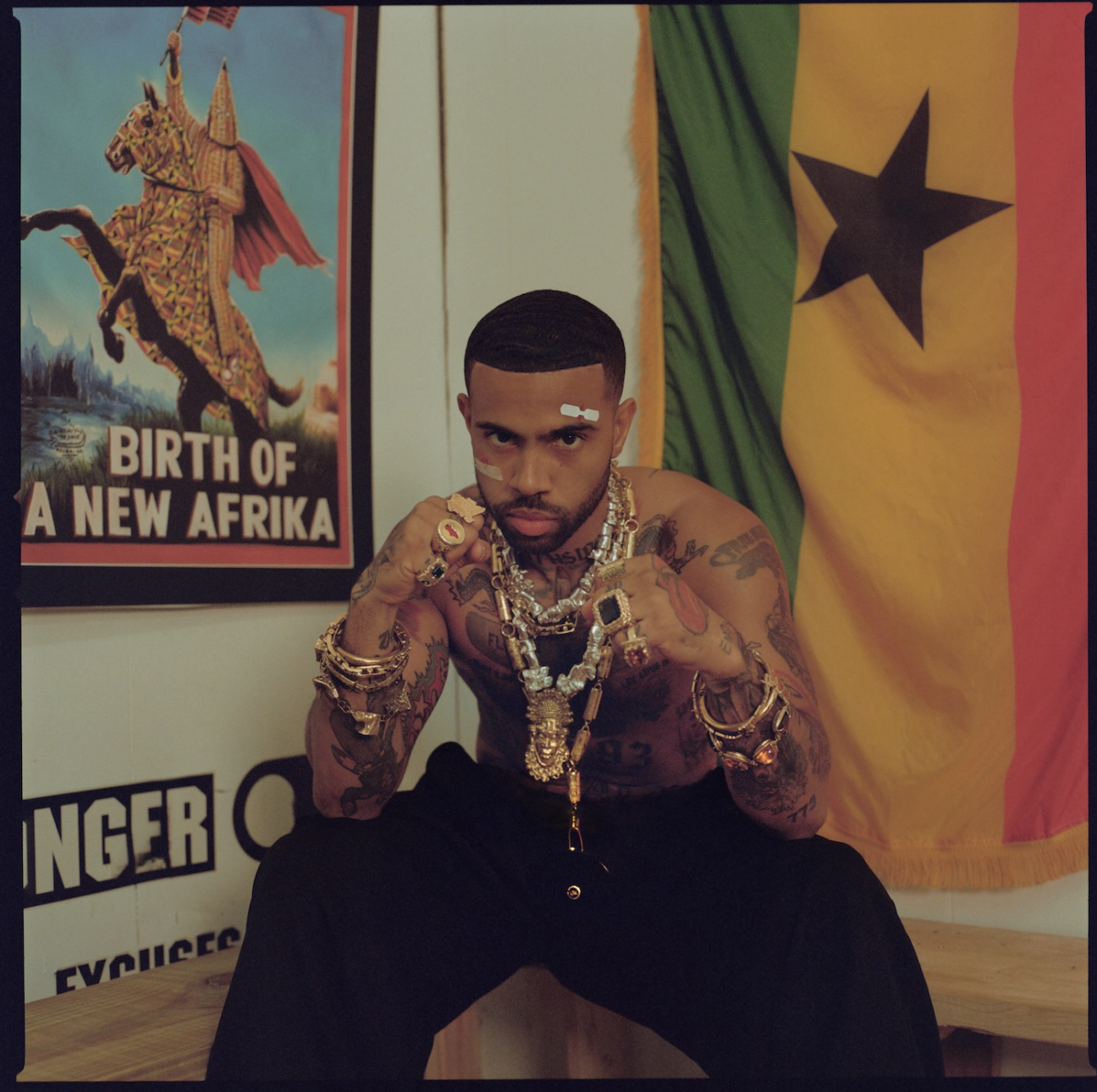
Waithe: That’s such a beautiful story because you became aware of how easy freedom can be taken. That’s a part of our ancestral background—but it’s still very much a part of our present. The idea that they can maybe have your body in a cage, but not your mind. I think that’s something that speaks to you as an artist. Do you think you’re only goated in Chicago?
Mensa: Nah, I’m definitely globally goated. But I do think that as Chicago people, we have so much pride. Something that has dawned upon me recently is the fact that Chicago is the third largest market in the most powerful nation on the planet, for better or worse. If we think about the show, you take things to such a global space by diving deep into the intricacies of this one very local space. I first became aware of you through Master of None. Your character was so fly because you reminded me of real people in my life that I hadn’t seen on TV.
Chicago is viewed oftentimes as this polarized place. People recognize people like you or me as these conscious people from Chicago, but we’re just as impacted by what’s going on in the world of a Chief Keef or a Lil Durk. Even though we’re not in the trenches in that same way, it impacts people like my best friend or your cousin. It still hits me deep that one of my best friends is strung out on 47th Street. Do you intentionally draw this empathetic line to connect us in your projects?
Waithe: I really appreciate you saying that. Growing up, I felt very much part of a community. Even though Chicago is very much a city, there are neighborhoods and pockets that make you feel like you’re in an old town—I know this, you know this, and Chance knows it. That’s something that I really wanted to get across because sometimes people think Chicago is this one specific thing. The people who folks think are dangerous or violent are people that have had to resort to that for survival. I’m not trying to make excuses for anyone—what I want people to do is to understand, to empathize with people like Chief Keef. Say the character Bakari [played by Ahmad Ferguson], he’s a street kid, he’s out there hustling and has a couple bodies in the closet. He’s reckless—but I think people are reckless when they feel like they don’t have anything to live for. Now people are rooting for him, they don’t want him to get killed off [the show].
Mensa: When you mentioned how you want to draw attention to the empathy needed to understand our circumstances holistically, it made me think about one of my favorite songs I’ve written called “Heaven on Earth.” I unpack the murder of my big homie, Dare—he was a graffiti writer. He was the first guy that instilled confidence in me when I was around 11 or 12.
In the first verse I’m writing a letter from Earth to him in Heaven. I’m telling him, I poured out this Hennessy for you. In the second verse, he’s responding to me and he’s like, Man, I got the Hennessy, thank you. I heard you spit my name in front of thousands on stage, that meant a lot for me. But I also saw you with that gun in your hand in the bathroom. What you doing? You’re trippin!
Then the third verse is from the perspective of his killer. Supposedly, he was set up by his girlfriend at the time for some weed, just some petty bullshit. I went into this mode where I imagined his killer was feeling remorse. It gave me a release for the hatred I was feeling for this person that I never met. I imagine him as a victim of circumstance in his own way. I doubt he woke up that day like, “Man, I’m gonna go kill Dare over a quarter pound of weed.” Storytelling with an empathetic perspective showed me that whichever side of the gun you exist on, we’re all in this fucked up dynamic that’s forcing our hands, you know?

Waithe: We’re both writers, we just use different mediums to tell stories. I always tell people that writing characters helps me be a more empathetic person. I cannot judge any character that I’m writing. I have to write about them from their point of view.
You were talking about uniting Black people—we’re trying to understand the internal wars happening within our own community. Another thing you made me think about is James Baldwin. He talked about the horrors of slavery, but he talked about it on both sides. He said, as a Black person, I know the price that my people have paid for this country to exist. But think about the price the white person pays—they’re going to have to live with the fact that they allowed our blood to soil these trees so they can grow fertile. He’s saying what you’re saying: Whether you’re the shooter or you’re the person getting killed, both sides lose.
You mentioned weed on your album. You sent me a really dope package. I’ve tried it—really dope. I’m getting into the cannabis business as well. Can you speak to me about the role weed has played in your life? If you look at any of my work, I always show people smoking and engaging with cannabis—I think it’s a very important part of my work.
Mensa: Weed is such a centerpiece of our culture. If you look at the criminalization of cannabis, it’s largely linked to jazz musicians like Louis Armstrong and his contemporaries. White America feared their power and influence, and this spun into the Reefer Madness narrative, which is something I’m trying to counteract in my own cannabis ventures. I launched 93 Boys as the first Black-owned legal weed in Illinois. But selling weed is something that comes way earlier for me. I first started trying to sell weed when I was 11, but my weed was so bad. I learned a lot even back then because it was my first entrepreneurial venture. It was the first thing that taught me punctuality, and it was what funded the beginning of my music career. Most of the music I made was creatively fueled by cannabis.
I’ve always been an on and off person. A lot of the time when I was selling weed when I was kid, I wouldn’t be smoking because I just have a lot of anxiety. Weed can exacerbate my anxiety if it’s not the right strain or the right circumstances. Right now, I’m not smoking and I’m just selling it. Cannabis has been a part of my life for way longer than it hasn’t. It’s valuable to me, man. I love it.
Waithe: Same. I got my first strain coming out in November.
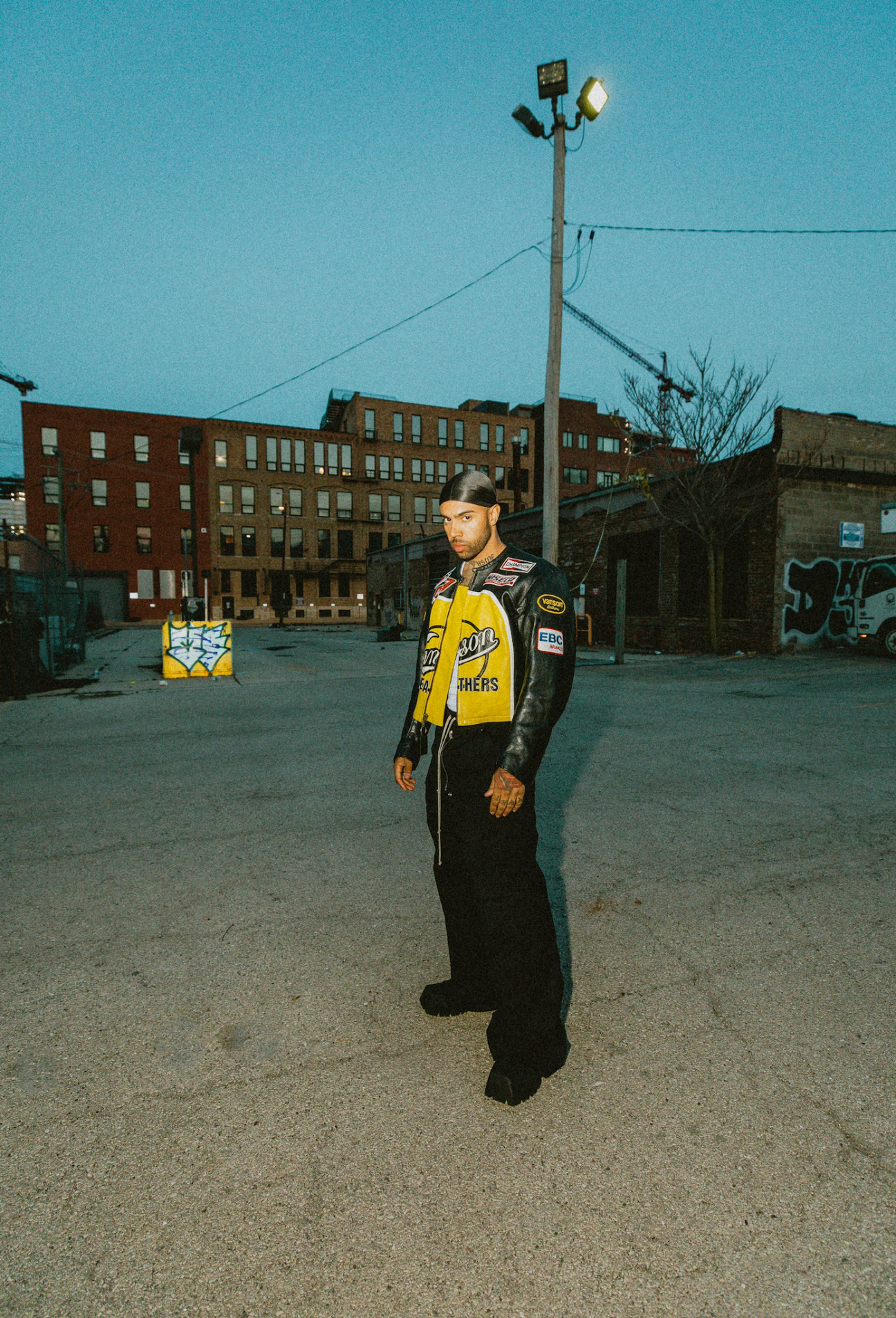
Mensa: Is it a brand that you’re doing?
Waithe: I’m working with a brand. I’m working with Chris Ball over at Ball Family Farm. Black-owned, that’s really important. I went to Chicago recently, and I went to a dispensary just to catch that energy. It was amazing to be in my city and to buy weed legally. In five years or 10 years, weed will go the way of alcohol and cigarettes. I’m just glad we’re in early.
Mensa: My man was killed over a quarter pound of weed. That wasn’t so long ago—it was 10 years ago. Things have changed a bit. But also, it’s on us to demand they change a lot more because although the entire experience is different, in Illinois, Black cannabis ownership is at 1 percent.
Waithe: Look, there’s a reason why I’m talking about it in the show. That is a big tool to get folks educated and to take the stigma away from it. So I’m glad we’re putting it into work. I think that’s all we can do. To wrap up, what’s the next chapter look like for you?
Mensa: I feel unlimited right now. I have such a singular focus and purpose. I see no ceilings. I’m as dialed in with the music as ever. I’m already working on my next project. Obviously, the cannabis business is growing—and I want to do a lot more in film and TV. What about you? What’s next?
Waithe: Well, waiting for the strike to be done. Hopefully we can resolve that soon. I’m excited to do writing in a different way to challenge myself. I have some movie ideas that I’m marinating. A lot more writing — telling stories. We have to get away from the typical “boy meets girl, boy loses girl, boy gets girl back, and they live happily ever after.” People are challenging what monogamy looks like, exploring their sexuality, and finding ways to make money without having to clock in or clock out. It’s important for me as an artist to write about the future. To write what’s coming. Some people might get frustrated, but it’s not my job to coddle. My job as an artist is to confront.

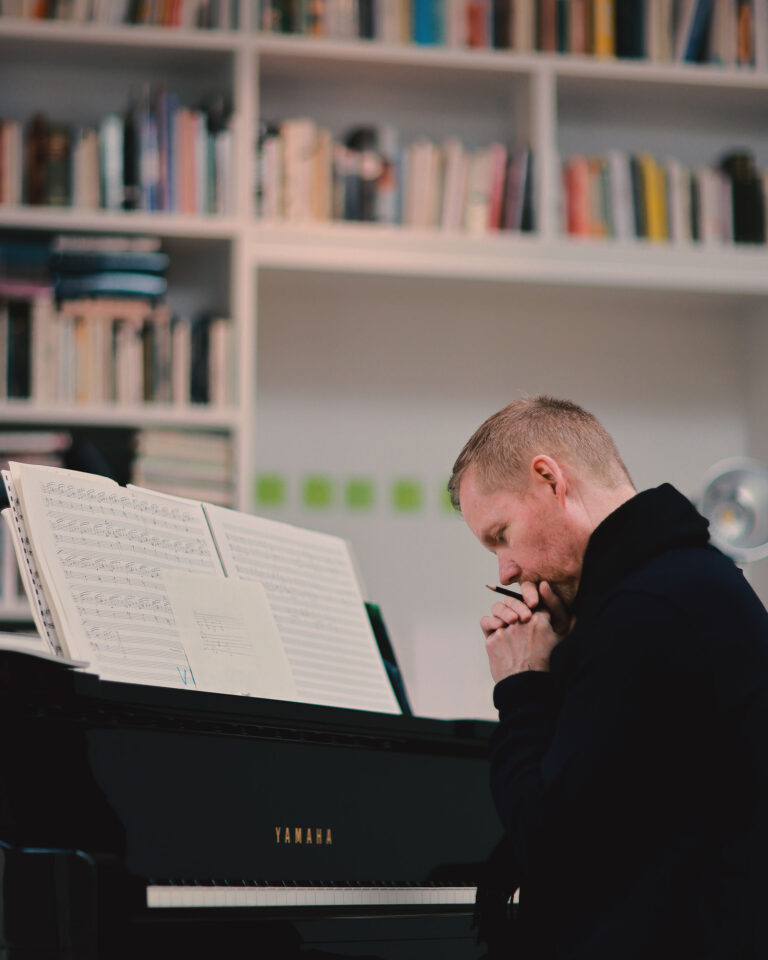
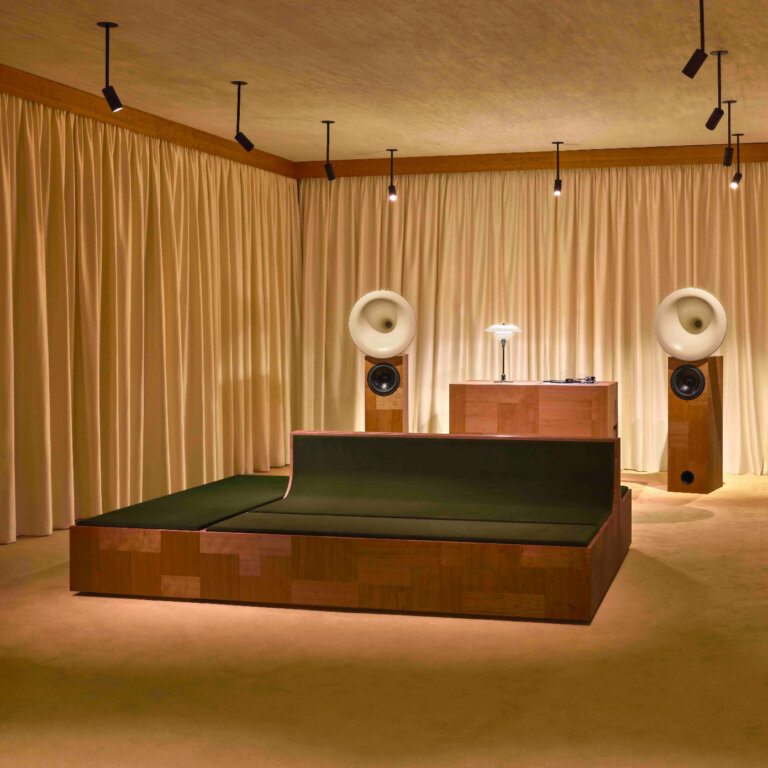
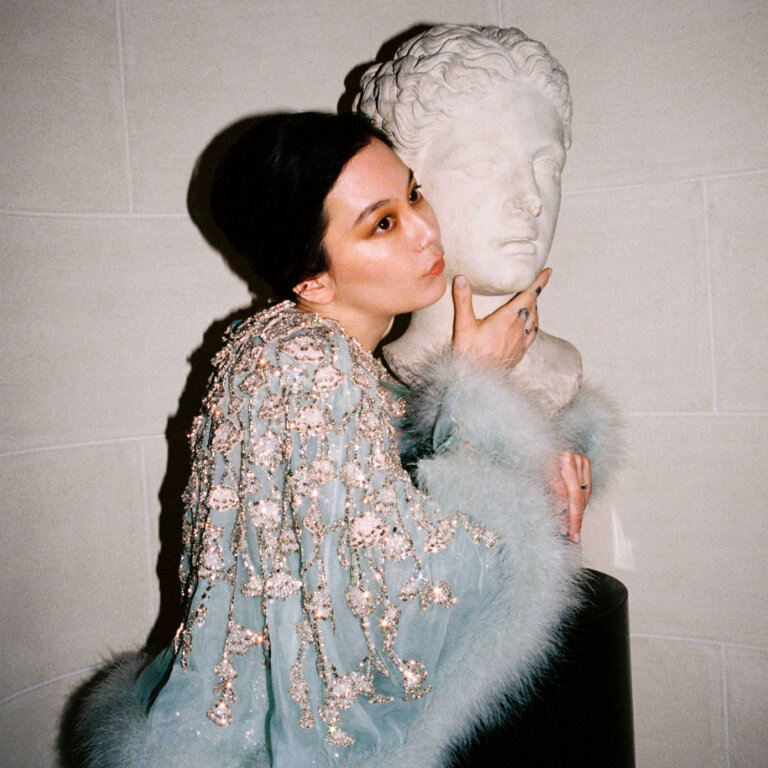
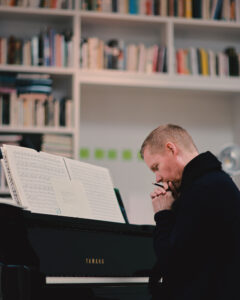





 in your life?
in your life?

